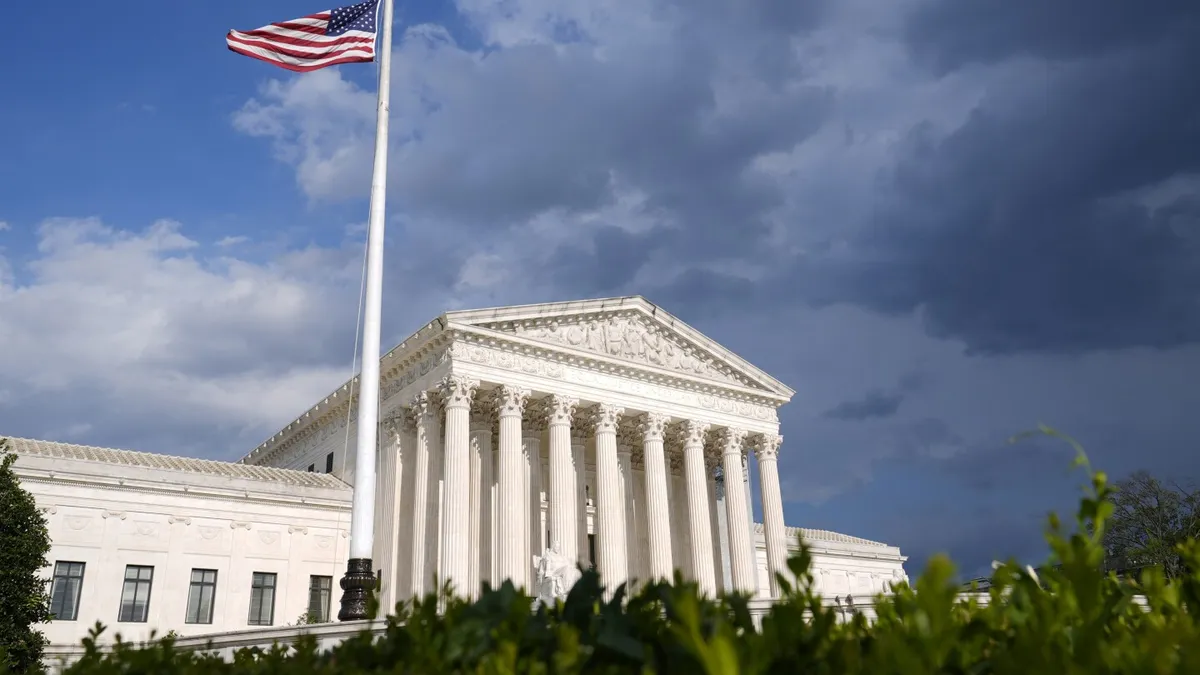
The U.S. Supreme Court has announced that it will postpone any ruling regarding President Trump's assertion that the Constitution does not guarantee birthright citizenship. The court has scheduled to hear arguments on this pivotal case on May 15, with a decision anticipated by late June or early July. Notably, the court did not indicate any intention to address other related questions raised by the Trump administration, particularly concerning the authority of single federal district court judges to issue nationwide rulings in such significant cases.
Since the beginning of his administration, President Trump has maintained that birthright citizenship is unconstitutional, an assertion that many legal scholars and experts consider to be a fringe perspective. Historically, the Supreme Court ruled on this matter 127 years ago, establishing that the right to citizenship is an inherent aspect of being born in the United States. This ruling has never been overturned, and every court that has reviewed Trump's executive order banning birthright citizenship has ultimately blocked it.
A coalition of states has actively challenged Trump's executive order, arguing that the right to birthright citizenship is a well-established principle. In their brief submitted to the Supreme Court, they emphasized, "For over a century, it has been the settled view of this court, Congress, the Executive Branch, and legal scholars that the Fourteenth Amendment Citizenship clause guarantees citizenship to babies born in the United States, regardless of their parents' citizenship, allegiance, domicile, immigration status or nationality."
The 14th Amendment clearly states: "All persons born or naturalized in the United States, and subject to the jurisdiction thereof, are citizens of the United States." Despite this clear constitutional language, Trump has consistently argued against the notion of automatic citizenship for all children born in the U.S. His stance has been met with significant judicial opposition, as federal district court judges in three different states have categorically rejected his views and blocked the implementation of his executive order.
In fact, three separate appeals courts have upheld these lower court rulings, reinforcing the idea that the constitutional right to birthright citizenship is not open to interpretation. Judge John Coughenour, a Reagan appointee from Washington State, was the first to block Trump's executive order, labeling it as "blatantly unconstitutional." This judicial consensus highlights the significant legal hurdles that Trump's administration faces in its attempt to redefine birthright citizenship in the United States.
As the Supreme Court prepares to hear arguments in this landmark case, the outcome could have far-reaching implications for immigration policy and the interpretation of the Fourteenth Amendment in the context of birthright citizenship.